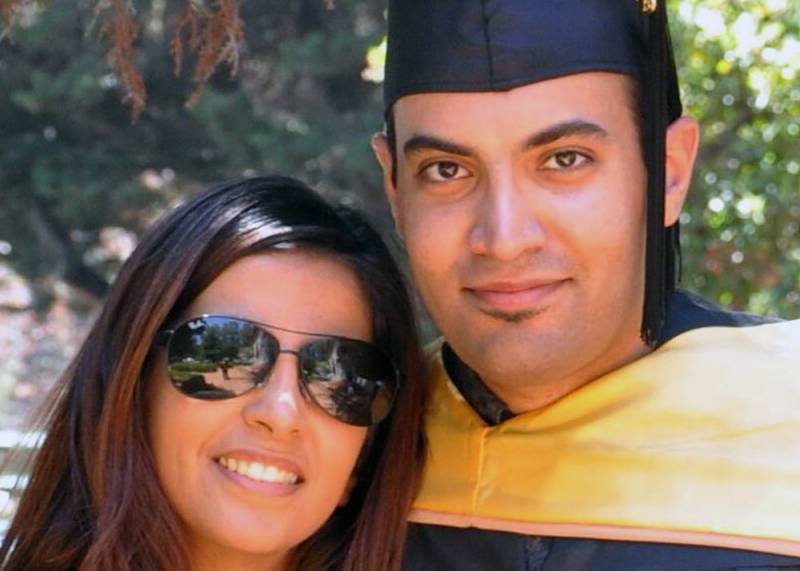"It's really terrifying what these human rights activists are facing in Saudi Arabia," she said. "And on a daily basis, we hear new cases of people being disappeared and imprisoned just for simply tweeting their opinions."
That threat, she added, extends to Saudi nationals who have fled the kingdom.
"My family, for example, and other dissidents and other activists are living in danger every day because they could be targeted, they could be kidnapped," Areej said. "We're living under a lot of intimidation and harassment from basically online trolls — threats of murder, threats of intimidation to try to silence us. So it is really scary, just that this is happening in the 21st century, to be honest."
Despite sharing his views through an anonymous Twitter account, Abdulrahman was identified by government authorities after a 2015 internal security breach at Twitter, Areej said. That's when several Twitter employees, acting as spies for the Saudi government, allegedly accessed more than 6,000 accounts, which authorities have purportedly used to harass or arrest dissidents, according to a lawsuit filed by the U.S Justice Department.
Twitter, Areej said, needs to take more responsibility for the way its platform is being abused by autocratic regimes.
"I think Twitter is not doing enough. It's actually not giving attention to these cases," she said. "Twitter, unfortunately, is becoming a tool of oppression in countries like Saudi Arabia. The government is trying every possible way to use Twitter to track people, to trap them and to imprison them, torture them, and in some cases, kill them."

